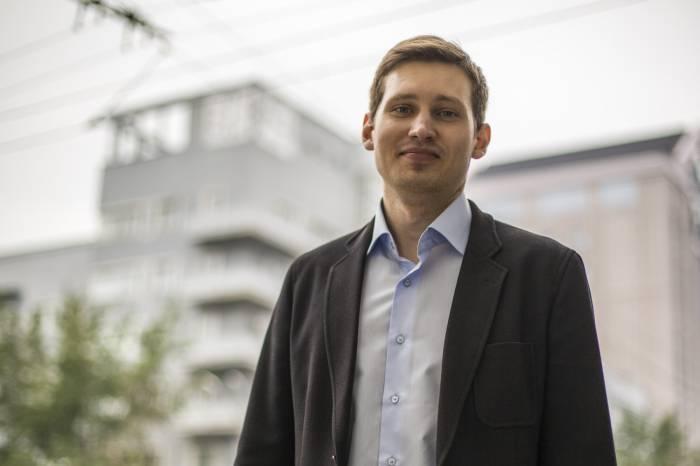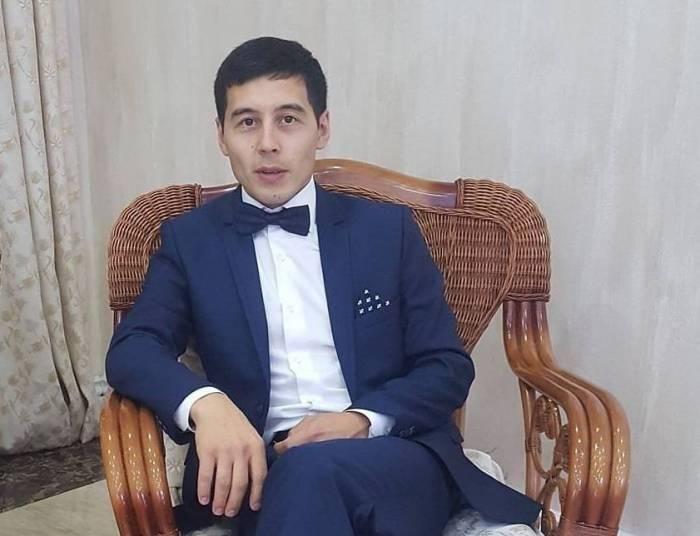Unraveling concerns of France, Greece in South Caucasus A threat to stability in the region
"France continues to remain tight lipped on the Armenia-Azerbaijan agreement on the transfer of villages and demarcation of borders. By the way, we note another silence in Greece as well. Isn't it strange that even the Slovenian Foreign Ministry welcomes and congratulates Armenia and Azerbaijan, while France and Greece remain silent?" Armenian political scientist Hakob Badalyan recently made a Facebook post.
Strange as it may seem, it is worth noting the sober view of the Armenian pundit. Indeed, many countries congratulate Baku and Yerevan on the successful agreements, why not Paris and Athens to be active? After all, it is impossible not to note that the April 19 meeting of the Azerbaijani and Armenian deputy prime ministers was another step for the establishment of relations and peace in the region. It turns out that such countries as France and Greece are not openly interested in peace in the South Caucasus, which surprises even Armenian political analysts.
So what goals do Paris and Athens pursue in our region? Caliber.Az asked foreign experts to respond to this question.

According to Russian political scientist Alexander Ryabtsov, France and Greece these days have indeed almost openly demonstrated their position on the South Caucasus.
"It is important to acknowledge that Paris, in reality, harbors unmistakable expansionist ambitions, finding benefit in the South Caucasus' turmoil. It appears that France's sole interest lies in fostering maximum destabilization in the region, thereby exacerbating tensions between Yerevan and Baku, fueling the flames of conflict. One would expect, at the very least, a facade of impartiality to be maintained to avoid accusations of outright bias. Therefore, in my view, France's silence reveals at least two significant aspects of Paris' behavior."
The first point is that France is deeply troubled by the prospects of peace and mutual understanding between Azerbaijan and Armenia, viewing it as a potential threat to its objectives in the South Caucasus. Consequently, France appears uninterested in salvaging its reputation and is visibly perturbed by the agreements between Baku and Yerevan.
Secondly, France's grand plans in the South Caucasus have suffered a significant setback due to secret agreements between the EU, the US, and Armenia in Brussels. These agreements effectively undermined France's efforts, as it had previously taken the lead within the EU in initiating the arming of Armenia. Presently, Paris' ambitions in the region have lost their relevance in light of the actions taken by EU and US allies in collaboration with Armenia. However, despite these setbacks, the Western powers are not committed to a prolonged engagement in the South Caucasus. If their attempts to instigate or prolong conflict in the region fail, they are likely to withdraw swiftly. Nonetheless, there is a silver lining in this situation: France is sidelined from the current phase of developments," Ryabtsov said.

At the same time, according to Kazakh political scientist Olzhas Amirzhanov, the shortsightedness and impulsive nature of the political agenda often indicate a significant crisis in Europe's foreign policy and its political leadership. France, Greece, and the Francophone countries stand out as prominent examples of this phenomenon.
"I would go as far as to characterize it as the degeneration of the European political class. European politics is undergoing a loss of credibility, appearing increasingly unstable and uncertain, lacking decisive actions and solutions. The hypocrisy pervasive throughout European politics is an undeniable reality, with European countries demonstrating cynicism even in their interactions with one another, showcasing a lack of solidarity in forming common positions on certain issues. Macron and his inner circle can be seen as emblematic of this system's failures, representing its most glaring deficiency. Therefore, in their current policies, Paris and those countries obediently following France's directives exemplify how the degeneration of the European political class has resulted in highly toxic instances of outright destructiveness in the vision and stance of a leader and his team, even within one of the world's most developed countries.
It becomes evident that the foundation of Paris' current policy lies in the instigation of chaos in various regions across the globe, resembling a form of political parasitism wherein the parasite thrives on the troubled environment it helps create. This is aptly illustrated by France's role in the South Caucasus, where it has transitioned from being a mediator and impartial player to posing a threat to regional stability. Consequently, France exhibits no genuine interest in fostering peace processes between Baku and Yerevan; instead, it, along with other supporting countries, is apprehensive of such developments. France and its adherence to Francophonism do not seek a robust and self-sustaining South Caucasus; rather, they prefer a fragmented and disjointed landscape devoid of constructive dialogue, which they can exploit for resources, both tangible and metaphorical," Amirzhanov concluded.








